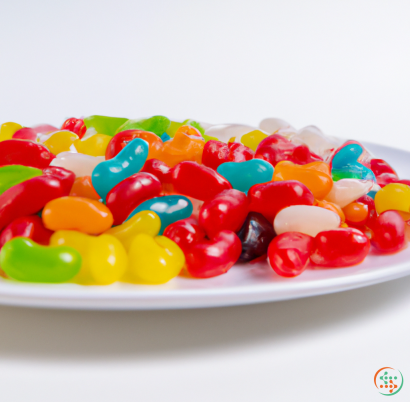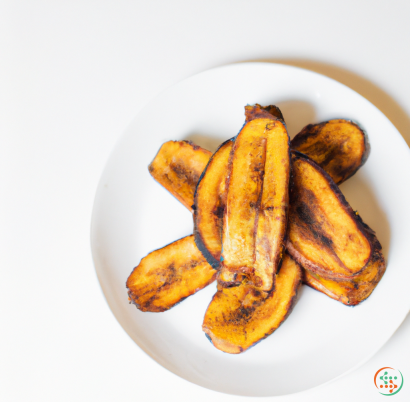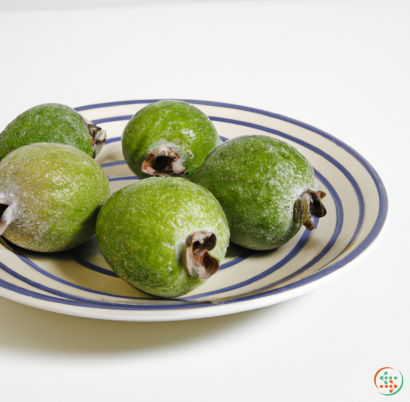Black Tea With Lemon
Black tea with lemon is a beloved beverage fit for any time of day, enjoyed in countries around the world. Boasting an unbeatable combination of earthy black tea and citrusy lemon, this yin-yang of tea flavors will warm your body and soul.
A classic beverage enjoyed for centuries, black tea with lemon has roots that can be traced all the way back to 18th century Britain. Back then, lemon was added to tea for a variety of purposes, from increasing the shelf life of tea, to enhancing flavor, and even as a preventative measure against scurvy.
Today, black tea with lemon continues to be a popular drink for both its unique flavor as well as its health benefits. Black tea is renowned for being packed with antioxidants, which can help protect your body from the effects of aging. Lemon, meanwhile, is high in vitamin C, which can help boost your immune system and aid digestion. Additionally, the combination of these two ingredients makes for a tantalizing and refreshing drink.
When it comes to preparing the perfect cup of black tea with lemon, there are a few steps you’ll want to follow:
First and foremost, you’ll want to select your tea and lemon. You can opt for either loose-leaf or pre-packaged tea, depending on how much time you have, and when it comes to lemon, fresh is always best. Squeeze the juice of a freshly-cut lemon into your cup or teapot before adding the tea leaves. If you’re using pre-packaged tea, many of them will come with a tea bag containing both the black tea and dried lemon pieces.
Once you’ve got your tea and lemon ready, it’s time to brew. Depending on the strength of the flavor that you’re looking for, you’ll either steep the tea for about 3-4 minutes for a milder taste, or up to 5 minutes for a stronger, more robust flavor.
Once the tea has steeped, you can add any additional ingredients of choice, such as honey, sugar, or milk. Stir everything together, and voila! You’ve got yourself a classic cup of black tea with lemon.
Something to keep in mind when preparing this beverage is that black tea can be quite bitter, so it’s important to be mindful of the strength of the tea and the amount of lemon used. For a milder flavor, balance the tea strength with a slightly sweeter lemon. If you want a more robust flavor, try adding a bit more lemon or a pinch of sugar.
Black tea with lemon is not just a delightful beverage to enjoy any time of the day — it’s also a delicious way to reap the health benefits of both tea and lemon. Whether you’re looking for a wake-me-up in the morning or a relaxing drink to sip on in the evening, a hot cup of black tea with lemon will leave you feeling energized, invigorated, and most of all, satisfied.
Black Tea with Lemon: Exploring How This Drink travels from Leaf to Plate
Black tea and lemon is a classic combination for a refreshing and energizing beverage perfect for any season. This global favorite can be found in many parts of the world, from England to India, and is enjoyed as a hot or iced beverage. But how does this tasty treat travel from the tea leaf to our dinner plate? Let’s explore the journey of black tea with lemon and learn a little more about this delicious drink.
Tea Cultivation
Before exploring the process of getting the beverage to our plates, let’s take a look at tea cultivation first. The most commonly consumed type of tea is a product of the Camellia sinensis plant, which is native to Asia. Traditionally, tea leaves are harvested by hand and classified into four broad categories based on the processing they undergo: white, green, oolong and black. All four types start as the same plant, but depending on the processing, each category will have a unique taste and health benefits.
The most common type of tea served with lemon is black tea, which is oxidized and has the strongest flavor among this classification. It is the traditional type of tea used for afternoon tea and popular English breakfast tea. There are several sub-categories available, such as Darjeeling and Ceylon tea, and a wide variety of flavors that can be added to tea, including lemon.
Processing Black Tea Leaves
Once green tea leaves are harvested and sorted, they are processed in several stages to become the delicious black tea beverage we love. First, the leaves are withered, or air-dried, to remove excess moisture and reduce the volume of the product before it moves to the rolling step.
During rolling, the tea leaves are rolled and crushed. This process releases the cell juices, which react with oxygen and begin the oxidation process - what transforms green tea to black tea! During this process, the tea leaves change in colour and flavour, and then are transferred to a drying chamber for final oxidation.
At this stage, the leaves are allowed to naturally oxidize until they reach the desired colour. This can take from 12 to 18 hours, and once complete, the leaves are kilned and sorted according to leaf size and grade. Finally, some tea leaves can have additional treatments to improve specific characteristics, such as flavor and aroma.
Adding Lemon
Adding lemon to black tea is a popular choice and can increase both the flavor and aroma of the drink. The juice of a fresh lemon adds a bright, acidic taste that brings out the notes of the black tea, making it more nuanced and complex.
A few different methods can be used to prepare lemon tea, including adding of freshly squeezed lemon juice to brewed tea or adding slices of lemon to a cup of tea and steeping for a few minutes. Lemon juice can also be added to a pot of hot tea before it is poured into individual cups, although this may result in a stronger lemon flavor.
Storing Tea and Lemon
Once the tea is prepared with lemon, it needs to be stored and handled properly to ensure its quality and freshness. Unbrewed tea should be stored away from sunlight, moisture, and heat in an airtight container. It should be stored in a cool, dry place, such as a cupboard, in order to maximize shelf life.
Lemon can be stored for up to several days in a refrigerator, although it is best to use fresh lemon to maximize flavor. It should be stored in an airtight container away from other fruits, which can cause it to spoil faster.
Serving Tea with Lemon
Once prepared, black tea with lemon can be served in a variety of ways. The tea can be enjoyed hot or cold, and can be served with or without milk, honey, or other sweeteners. Additionally, adding lemon and other citrus fruits can help bring out different, more complex flavors and aromas which can enhance the overall drinking experience.
Black tea with lemon is a delicious and refreshing beverage that is popular around the world. From the harvesting of the tea leaves, to the processing and oxidation, to the addition of lemon and preparation, this beverage has a long and fascinating journey from leaf to plate. Understanding the complexities of this drink can help us appreciate the unique flavor and aroma it offers and fully enjoy our next cup of freshly brewed black tea with lemon.
| Calcium | 0.004 grams |
Daily Value 1.3 g
|
| Magnesium | 0.001 grams |
Daily Value 0.4 g
|
| Phosphorus | 0.001 grams |
Daily Value 1.25 g
|
| Potassium | 0.014 grams |
Daily Value 4.7 g
|
| Sodium | 0.003 grams |
Daily Value 2.3 g
|
| Zinc | 0.01 mg |
Daily Value 0.011 g
|
| Copper | 0.01 mg |
Daily Value 0.9 mg
|
| Manganese | 0.11 mg |
Daily Value 0.0023 g
|
| Glucose | 3.59 grams |
|
| Fructose | 4.77 grams |
|
| Sucrose | 1.12 grams |
|
| Total Sugars | 9.5 grams |
per 100g
|







